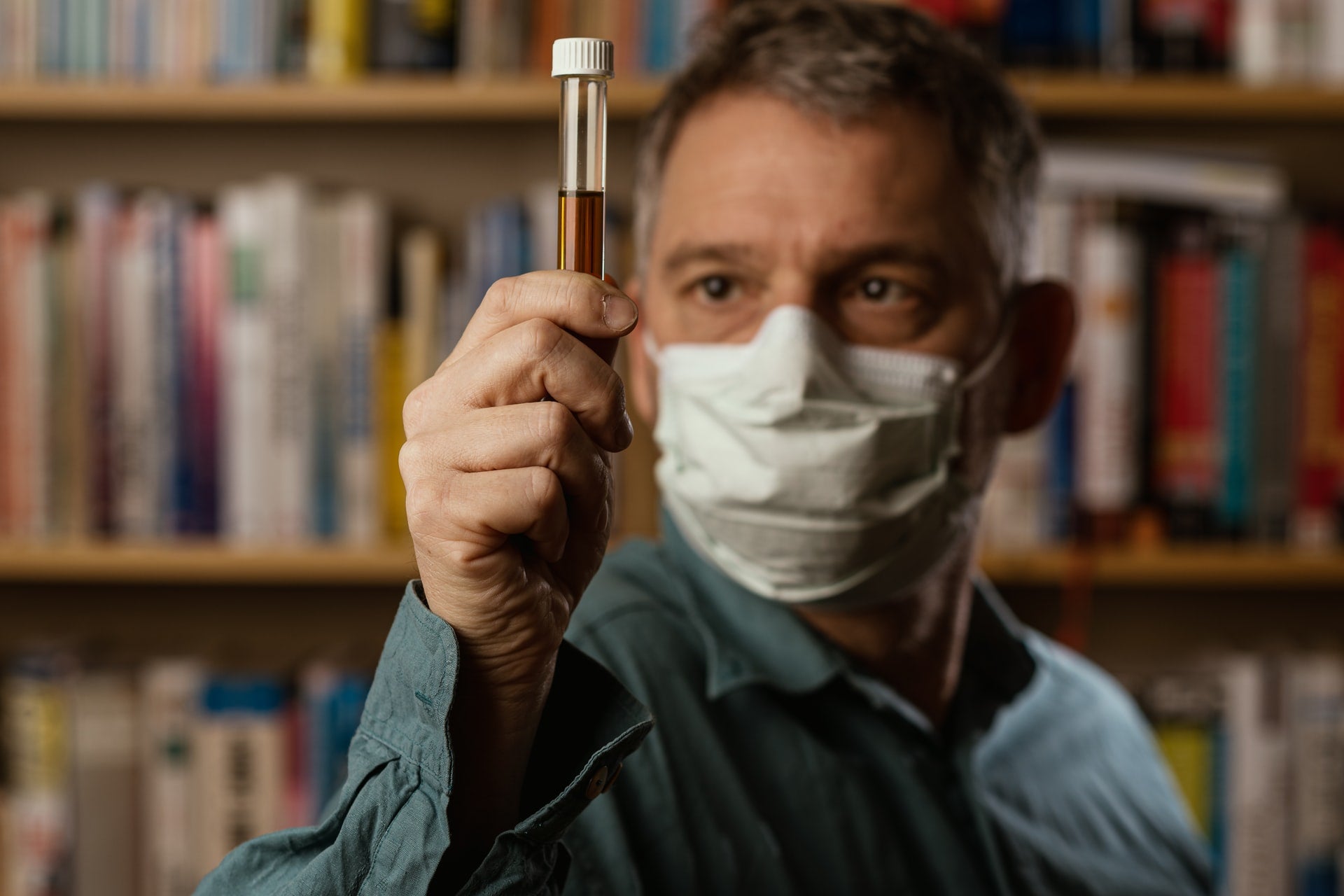
The UK’s efforts to find vaccines and treatments for Covid-19 could elevate its status in the clinical trials sector, says an industry boss.
Cross-industry partnerships featuring UK-based pharma firms, government departments and hospitals are also “massively important” in tackling the crisis, said Tim Sheppard, general manager for Northern Europe at clinical research company IQVIA.

Discover B2B Marketing That Performs
Combine business intelligence and editorial excellence to reach engaged professionals across 36 leading media platforms.
The University of Oxford is currently working with UK pharma giant AstraZeneca to test and develop a potential coronavirus vaccine, while the RECOVERY trial is one of the world’s largest clinical studies for Covid-19 treatments, testing drug therapies in multiple locations across the country.
“There aren’t many silver linings to the tens of thousands of deaths that the UK is experiencing,” said Sheppard.
“But, if one of them could be that we are seen as a place that’s conducting clinical trials in Covid-19, and we’re seen to be quick, and have great scientific academia, and be open to international collaboration, people will come here.
“And I think, at the moment, people are regarding the UK as being the leading country to conduct clinical trials — simply because of that speed and openness, and our academic background.

US Tariffs are shifting - will you react or anticipate?
Don’t let policy changes catch you off guard. Stay proactive with real-time data and expert analysis.
By GlobalData“I also think that, going forward, we need to learn lessons from this and keep the UK as one of the leading countries for clinical trials.”
Impact of Covid-19 in UK clinical trials sector
With the UK hosting trials for some of the leading coronavirus treatments and vaccine candidates anywhere in the world over the past few months, Sheppard also believes the shortening of these processes could be critical in the “post-Covid environment”.
“Before Covid-19, it took 42% longer to set up a clinical trial in the UK compared to the US. So, if you’re a pharmaceutical company, you’re gonna go to the US,” he added.
“It also takes twice as long to set up a clinical trial in the UK than in Poland, or the Ukraine — and I mention those countries because, not only are they quicker to set up, but it’s also much cheaper to conduct clinical trials in those places.
“Some 3% of the world’s clinical trials take place in the UK, and we should be punching way above that.
“As these UK institutions come together to deliver this rapid clinical trial environment, what we’re really hoping for is that the UK can do clinical trials a lot quicker and be competitive against the US for clinical trials after Covid-19.”
Sheppard also noted that, following the crisis, virtual clinical trials and new technologies such AI could play a part in making drug testing cheaper, as well as getting life-saving treatments to patients much more quickly.
Covid-19 drug trials in the UK
US-based clinical research firm IQVIA has provided a singular, overarching platform for the ACCORD study — a research project running multiple trials at once, in the UK, to examine the effectiveness of potential Covid-19 treatments.
On 30 April, the NIHR (National Institute for Health Research), which is leading the ACCORD study, announced the first candidate to be tested would be bemcentinib, which is a daily oral medicine developed by Norwegian biotech firm BerGenBio.
Drugs that demonstrate positive results in these trials will be accelerated into more large-scale testing programmes, such as the RECOVERY trial led by the University of Oxford.
The RECOVERY trial is thought to be the largest study of its kind anywhere in the world.
Thousands of patients across the UK have been recruited to take part, with two drugs — lopinavir-ritonavir, a combined medication used to treat HIV, and dexamethasone, a steroid used to reduce inflammation — set to be the first candidates to undergo testing.
The University of Oxford is also playing a central role in the UK’s search for a Covid-19 vaccine, having already initiated clinical trials for its ChAdOx1 nCoV-19 candidate.
Following the dosing of 1,000 participants in Phase I testing — and early indications that the vaccine was both safe and well-tolerated by patients — the university announced Phase II/III human trials were set to begin on 22 May.
AstraZeneca recently announced a deal with the University of Oxford to secure 400 million doses of ChAdOx1 nCoV-19 if the vaccine is successful in these trials.
Another heavyweight in the UK pharmaceutical industry, GlaxoSmithKline (GSK), has also been working with French biopharma firm Sanofi to develop an adjuvanted coronavirus vaccine since 14 April.
Announcing this collaboration, the two companies said they expected their candidate to enter clinical trials in the second half of 2020 and, if successful, to be available in the second half of 2021.





